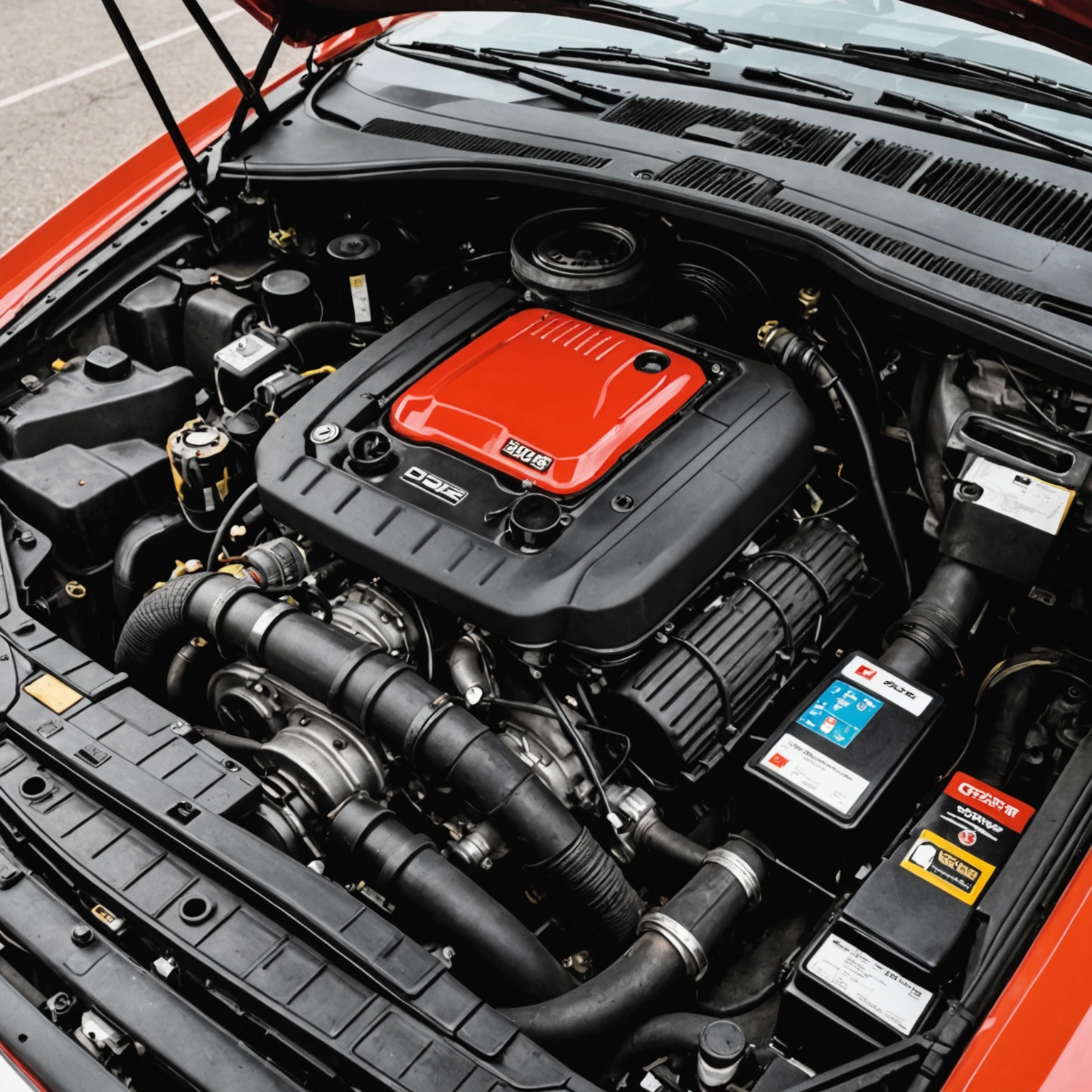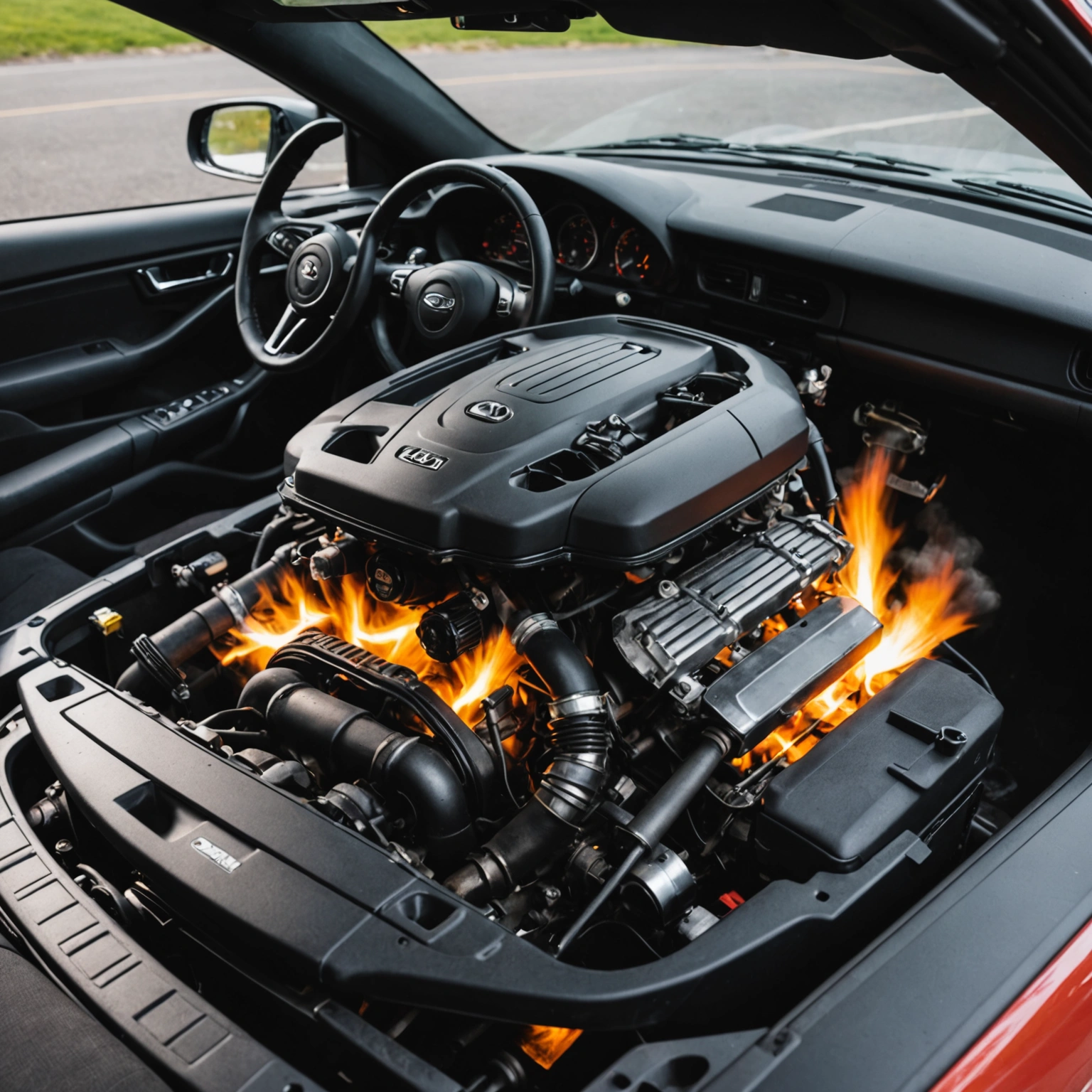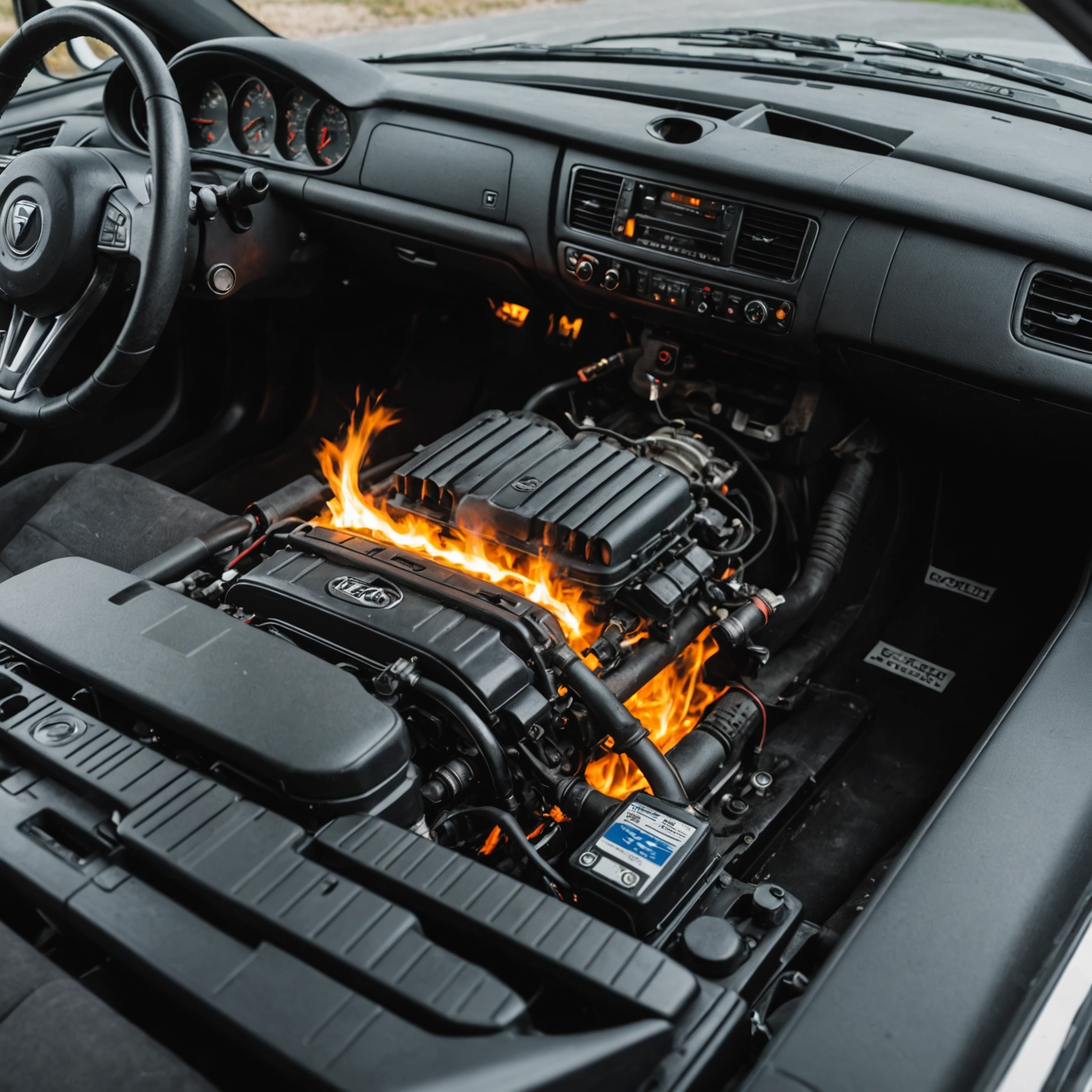**Why Does My Car Backfire When I Shift? Understanding the Causes and Solutions**
If you’ve noticed your car backfiring when you shift gears, you’re not alone. This sudden loud pop or bang can be startling and may indicate underlying issues with your vehicle’s engine or exhaust system. Understanding why this happens can help you diagnose the problem and determine whether it requires professional attention.

### What Is a Car Backfire?
A backfire occurs when unburned fuel ignites prematurely in the exhaust system, causing a loud popping sound. It can happen during acceleration, deceleration, or gear shifts, depending on the cause. While a slight backfire occasionally might be harmless, frequent or loud backfires can signal mechanical problems.

### Common Causes of Backfiring During Gear Shifts
1. **Fuel Mixture Problems**

– **Too Rich Fuel Mixture:** If your engine runs with too much fuel and not enough air, unburned fuel can enter the exhaust system. When you shift, the sudden change in engine load can cause the excess fuel to ignite, resulting in a backfire.
2. **Ignition System Issues**

– **Incorrect Timing:** If your ignition timing is off—either too advanced or too retarded—the spark may ignite fuel prematurely or too late. During gear shifts, this mismatch can cause backfires.
– **Faulty Spark Plugs or Wires:** Worn or damaged spark components can lead to incomplete combustion, increasing the likelihood of backfires.
3. **Exhaust System Problems**
– **Leaks in the Exhaust:** Cracks or leaks can cause unburned exhaust gases to escape and ignite, producing backfires.
– **Clogged or Damaged Catalytic Converter:** A malfunctioning converter can disrupt exhaust flow, leading to pressure build-up and backfires.
4. **Air Intake or Vacuum Leaks**
– Leaks in the intake manifold or vacuum system can alter the air-fuel ratio, causing unburned fuel to enter the exhaust and ignite.
5. **Aftermarket Modifications**
– Performance modifications like aftermarket exhausts or carburetors can change airflow and fuel delivery, sometimes causing backfires if not properly tuned.
### Why Does Shifting Trigger Backfire?
During gear shifts, the engine undergoes sudden changes in load and RPM. If there are issues with fuel mixture or ignition timing, these shifts can exacerbate the conditions that lead to backfiring. For example, shifting from a high RPM to a lower one can cause unburned fuel to enter the exhaust, igniting and causing a backfire.
### How to Address Backfiring
– **Check and Adjust Fuel Mixture:** Ensure your engine is running at the correct air-fuel ratio. A tune-up or carburetor adjustment may be necessary.
– **Inspect Ignition System:** Replace worn spark plugs, wires, and check ignition timing.
– **Examine Exhaust System:** Look for leaks or damage and repair as needed.
– **Test for Vacuum Leaks:** Use smoke tests or visual inspections to identify leaks.
– **Consult a Professional:** If you’re unsure or unable to identify the cause, a qualified mechanic can diagnose and fix the issue.
### When to Seek Professional Help
Persistent backfiring, especially during shifting, should be diagnosed promptly. Ignoring the problem can lead to further engine damage, reduced fuel efficiency, or emissions issues.
—
**In Summary**
Backfire during gear shifts is often caused by issues related to the fuel mixture, ignition timing, exhaust system, or vacuum leaks. Understanding these common causes can help you troubleshoot or communicate effectively with your mechanic. Regular maintenance and timely repairs can keep your vehicle running smoothly and prevent backfires from becoming a persistent problem.
—
**Have you experienced backfires in your vehicle? Share your experiences or questions in the comments below!**

